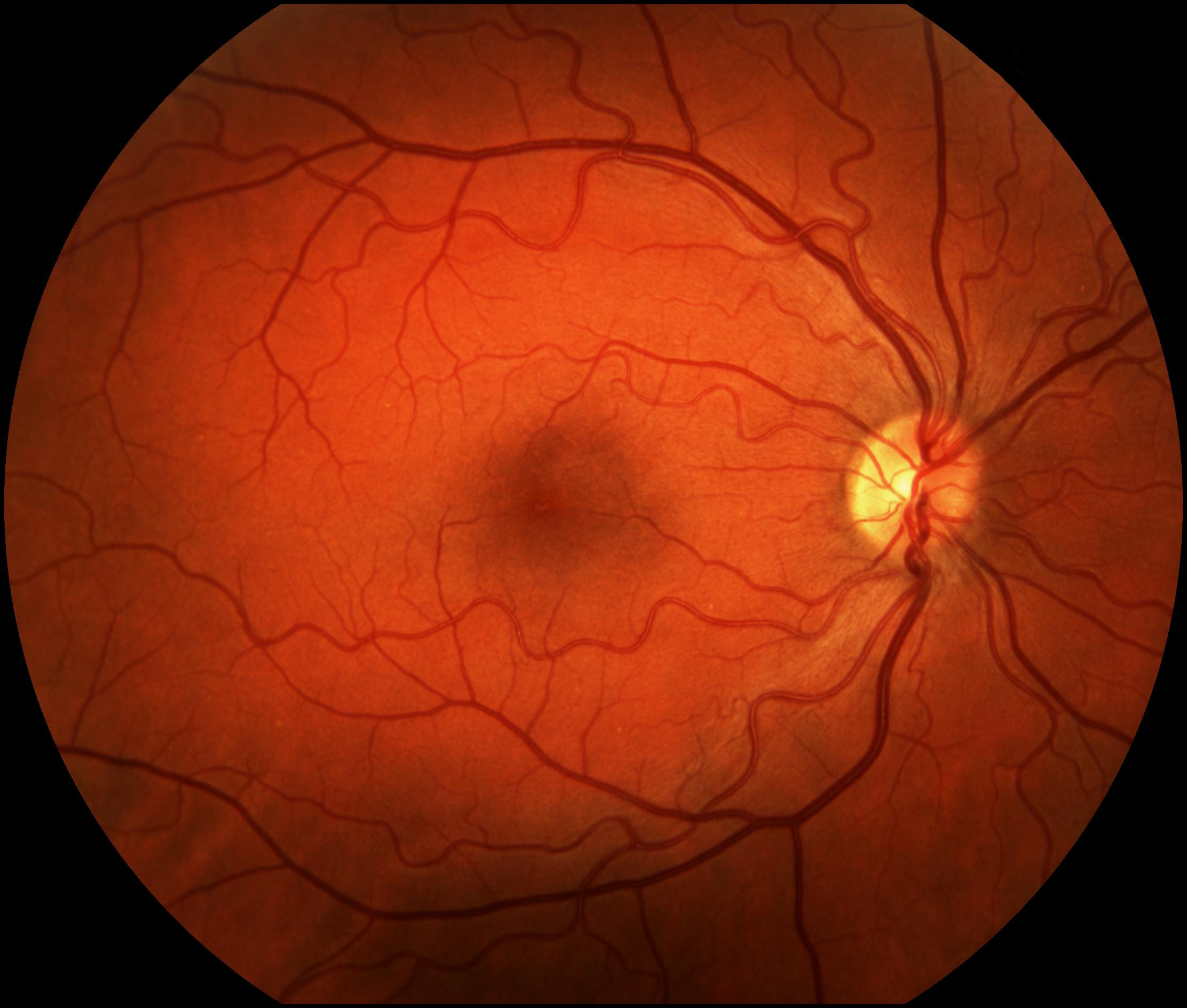Macular degeneration is a common eye disease that causes vision loss in the center of the visual field. It affects the macula, the part of the eye that allows us to see fine details, and is a leading cause of vision loss in people over 50 years of age. There are two types of macular degeneration: dry and wet. Dry macular degeneration is the more common type, while wet macular degeneration is less common but can lead to more severe vision loss. In this guide, we will discuss the early signs of macular degeneration.
Blurred Vision:
The most common early sign of macular degeneration is blurred vision. The blurriness can affect both distance and close-up vision, and may also appear as a blind spot in the center of the visual field. In the early stages of macular degeneration, the blurriness may not be severe, but it can become progressively worse over time.
Difficulty Seeing Fine Details:
As macular degeneration progresses, it can become more difficult to see fine details. For example, reading small print may become more challenging, and you may need brighter lighting to see clearly. This can be especially noticeable when trying to read in low light conditions or trying to distinguish between similar colors.
Distorted Vision:
Another early sign of macular degeneration is distorted vision. This can manifest as straight lines appearing wavy or bent, or as objects appearing larger or smaller than they really are. This can be a result of the macula becoming thinner and damaged over time, leading to vision distortions.
Reduced Contrast Sensitivity:
As macular degeneration progresses, it can become more difficult to distinguish between objects with similar tones or colors. This is known as reduced contrast sensitivity and can affect the ability to perform tasks such as driving or reading. Colors may also appear less vivid, making it more difficult to distinguish between different shades.
Diminished Color Perception:
Another early sign of macular degeneration is diminished color perception. This can manifest as difficulty distinguishing between similar colors, such as red and orange or blue and purple. In some cases, colors may appear less vibrant or less intense than they really are. This can be especially noticeable in low light conditions.
Dark or Blank Spots in Vision:
As macular degeneration progresses, dark or blank spots may appear in the center of the visual field. This can be a result of the macula becoming thinner and damaged over time, leading to areas of vision loss. These spots may be more noticeable in low light conditions or when looking at a uniform background such as a blank wall.
Difficulty Adapting to Changes in Light:
Another early sign of macular degeneration is difficulty adapting to changes in light. This can manifest as a temporary loss of vision when moving from a brightly lit environment to a darker one or vice versa. This can be especially noticeable when entering a dark room from a bright one, or when driving at night.
Difficulty Recognizing Faces:
As macular degeneration progresses, it can become more difficult to recognize faces. This can be especially noticeable in low light conditions or when trying to recognize someone from a distance. The ability to see facial features such as eyes, nose, and mouth may become more challenging.
Need for Increased Light:
As macular degeneration progresses, it can become more difficult to see in low light conditions. This can lead to a need for brighter lighting when performing tasks such as reading or cooking. This can also make it more difficult to adapt to changes in light.
- How the Pec Deck Works Your Chest - April 19, 2024
- Homemade Eye Drops: Risks, Benefits, and More - April 19, 2024
- SMART TOOTHPICKS COMPANY - July 29, 2023






